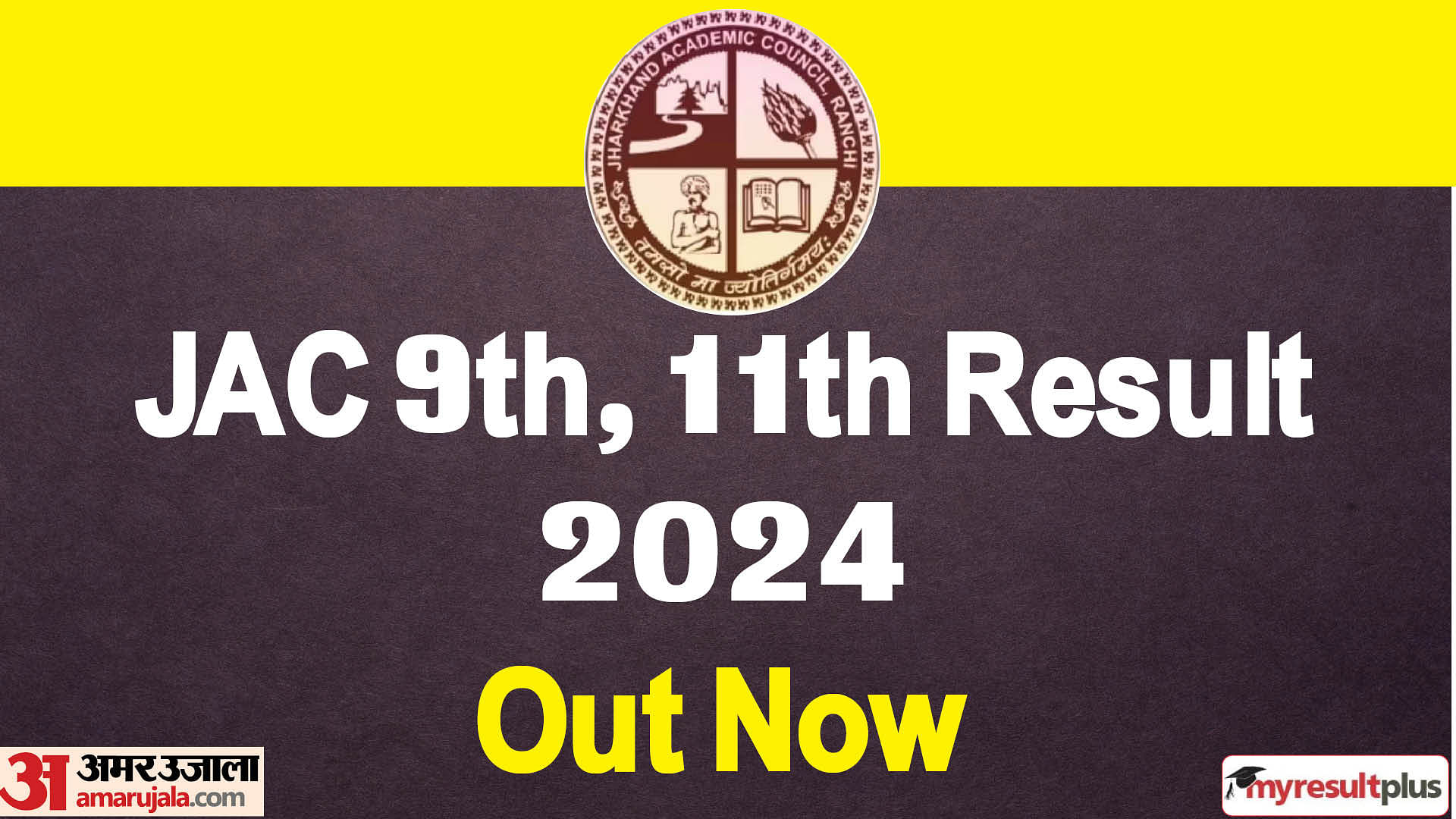
Job Interview Tips
- PC : insurancebusinessmag.com
While interviewer does not have enough time to go through the entire document and analyse if you are a good fit, the most important area where you must prove your competence is your resume.
Om Narayan Rai, HR Personnel turned Entrepreneur, talks on how to gain precedence over other candidates in the selection process.
Excerpts from the interview:
Why do candidates fail at job interviews?
A Very well debated topic.
Albert Einstein once said that "Everybody is a genius, but if you judge a fish by it's ability to climb the tree, it will live it's whole life believing that it is stupid." If you Google, you would know that all organizations have a typed style of assessing talent. Off Campus and Campus patterns are a bit different yet they overlap mostly.
Approach of organizations -
The emphasis at fresher level is more on Aptitude and Communication. Skill India report clearly puts the problem in its findings. While interviews are influenced by Aptitude and Communication, in the current context employers want fresher to be Domain Experts on their priority listings followed by Integrity/Value and Numerical Ability and logical Thinking.
Interviewer:
They are the people who are burdened with the task of hiring, besides their very demanding jobs. They do not get trained on the changed context of generations and how to assess them. Their approach mostly (not for all though) lies in questioning a person from their own strength areas rather the focusing on Candidates. Hiring has to be on skill even for fresher’s else you are making them the "fish" - Great "Einstein" had referred once.
Candidate:
Here is a fresher - who wants a job at the earliest, irrespective of what it is. For a fresher "placement and package' matters the most. Hence, the preparation is more on how to crack the interview rather than acquiring skills - domain expertise which are required by the organizations.
If you notice, all the three stakeholders are in three different directions; hence their approach is also different. Definitely the results are not in sync for each one of them from their expectation perspective.
How to ace the tough Interview questions?
There is no right and wrong answer to this given the context we are in, as I have elaborated above. Confidence is the key to win in tough situations which comes with experiential learning only, else entire course curriculum becomes the basis of an interview. The only way to ace tough interviews is to acquire as many as project-based experiential learning by the students during their academic courses. There is a catch to it, getting to work on projects on regular basis is not easy, plus the project guides are mostly from their institution, hence the learning acquired is not in the line of corporate need. The recommendation is to work on projects under mentorship of a corporate professional on a real project. With such project exposures, interviewers question on acquired skills. This is the only way for a fresher to lead the interviewer towards their area of strength and become successful.
What employers look for when hiring candidates?
As I have responded in my first answer, this aspect is changing at a very fast pace. It's no more about being a degree holder. You can no more wait for an organization to spend and invest on a fresher for very basic things. They want a smoother transition of a fresher from academia to corporate. So it's no more only about technological or domain understanding but also about processes and methodologies.
What institutes should do to make students job-ready candidates?
An out-dated syllabus (while government is focussed on updating them, yet the changes of business requirements will outpace them) with current academic staff (not all though) - the Institutional walls and gates need enhancements of Ed Tech Platforms, with interventions from Subject Matter Experts /Corporate Professionals to take charge of mentoring of students (Not mere checklist mode of Academia (Corporate Connect) on project-based working and learning during academic course duration.
How to bridge the gap between existing skills and employable skill?
Only solution is to prepare students for hiring pools not Campus. Orient / attract, direct, let them test the waters of learning; allow them to discover their aspiration with project-based working and mentoring from corporate professionals. Companies always need talent and it will never be other way round. There is no quick solution to improvise academic performance ranking of our institutions. India has a far bigger issue which needs to be addressed as its 40% fresher population struggles and spends nearly two years while they scout for job opportunities and only 15-20% are considered to be employable. At CampusOxide, we are driving this initiative.
What is your message to college students?
Students - experiment with projects, find your passion and let the jobs find you, not the other way round. So - get in to project-based learning during your educational programs.
(Om Narayan Rai is the Director and CEO of CampusOxide Solutions. He earlier worked with Wipro)









